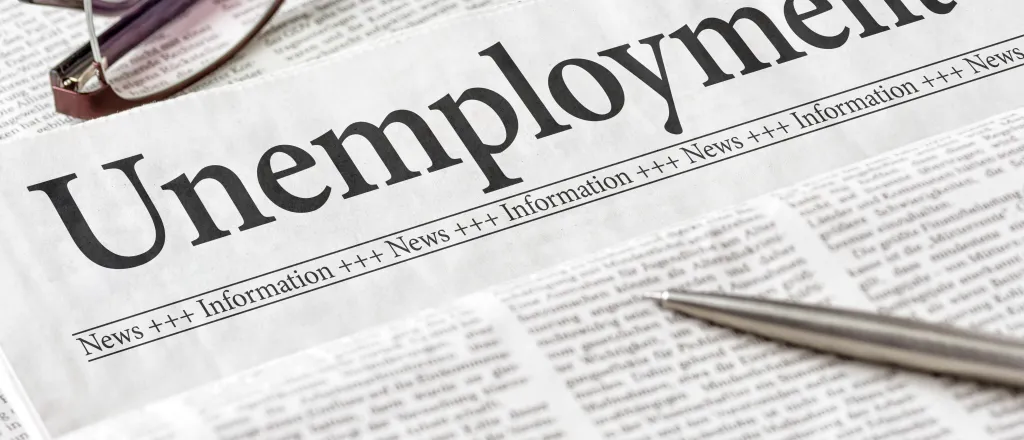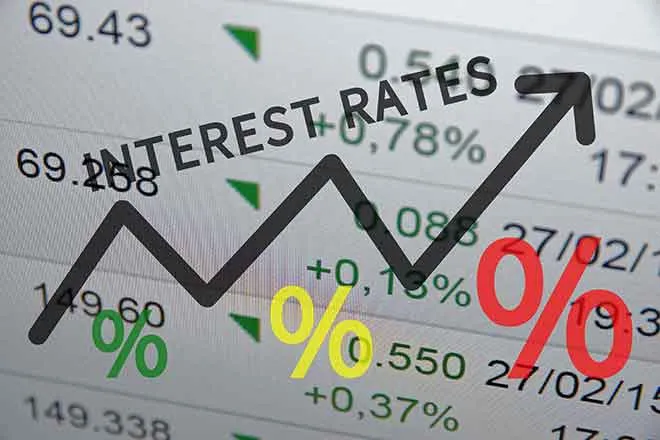
National unemployment rate falls for third straight month as economy adds 1.8 million jobs
(The Center Square) – The nation's unemployment rate continued to decline in July with 1.8 million jobs added, according to data released Friday by the U.S. Bureau of Labor Statistics.
The national unemployment rate was 10.2 percent in July, down from 11.1 percent in June, and 13.3 percent in May. The rate peaked in April at 14.7 percent as the economy was hit by government restrictions related to the COVID-19 pandemic.
There were 16.3 million unemployed people in July, down 1.4 million from the prior month, BLS said. In July, employers added 1.8 million jobs, lower than jobs added in June (4.8 million) and May (2.7 million).
The data indicate employers are continuing to rehire following massive layoffs since the COVID-19 pandemic began in March.
"The jobs report exceeded expectations and brought general good news, including a substantial increase of 1.78 million jobs and a healthy decrease in the unemployment rate," Michael Lucci, president and publisher of 50Economy.com, told The Center Square. "The increase in jobs was broad-based and the decrease in the unemployment rate was driven by positive factors and not just because of workforce dropout."
Lucci noted that there is still a significant gap between the number of jobs now compared to the U.S. economy before the pandemic recession hit.
"The economy is smaller now than it was then," he said. "So we do need substantial more growth just to get back to something close to normal."
Slowing the spread of COVID-19 would go a long way toward boosting the economy, Lucci added, as well as an agreement on a new stimulus measure.
"At the federal level, it would be good if they [Congress] could come to a reasonable agreement on extending support to businesses and continuing unemployment benefits at a level that is not giving pay increases to people who are temporarilly out of work," he added.
President Donald Trump signed Congress’ $2 trillion Coronavirus Aid, Relief, and Economic Security (CARES) Act stimulus package in March that sent billions in payments directly to Americans and provided relief to businesses. It also enhanced unemployment benefits by $600 a week, an amount that increased many people's take-home pay and worked as a disincentive for some to return to work. The enhanced unemployment benefits expired July 31.
Congress and the White House are currently considering another stimulus package, but negotiations have reportedly stalled, USA Today reported.
Lucci said the federal government also needs to improve the environment for new investments into the U.S. economy.
"That can be done by providing the full expensing of new investments, which is arguably the best pro-growth measure the federal government could engage on in tax reform," he added.
The BLS said the industries that saw the most employment gains were leisure and hospitality (592,000 jobs), food services and drinking (502,000), government (301,000), retail trade (258,000), professional and business services (170,000), other services (149,000), and health care (126,000).
States also will play a critical role in boosting the economy by reducing expenses and reforming policies that led to long-term debt, Lucci said.
"States should make reasonable adjustments to their spending so that they're not repeatedly going to the federal government hat in hand," he said. "Also, states that have fiscal imbalances that pre-dated the recession should immediately take action to fix those imbalances. If they haven't done that yet, that should be their first order of business."
And any states considering tax increases should reconsider.
"For example, Illinois and California both have proposals to substantially increase taxes on businesses that will be on the ballot this year," Lucci said. "And they are not the only states that are moving toward higher taxes in the midst of a terrible recession.
"All tax increases should be put on hold not just for normal pro-growth reasons, but because such tax increases in the middle of a recession and incredible business losses is a terrible idea."
















